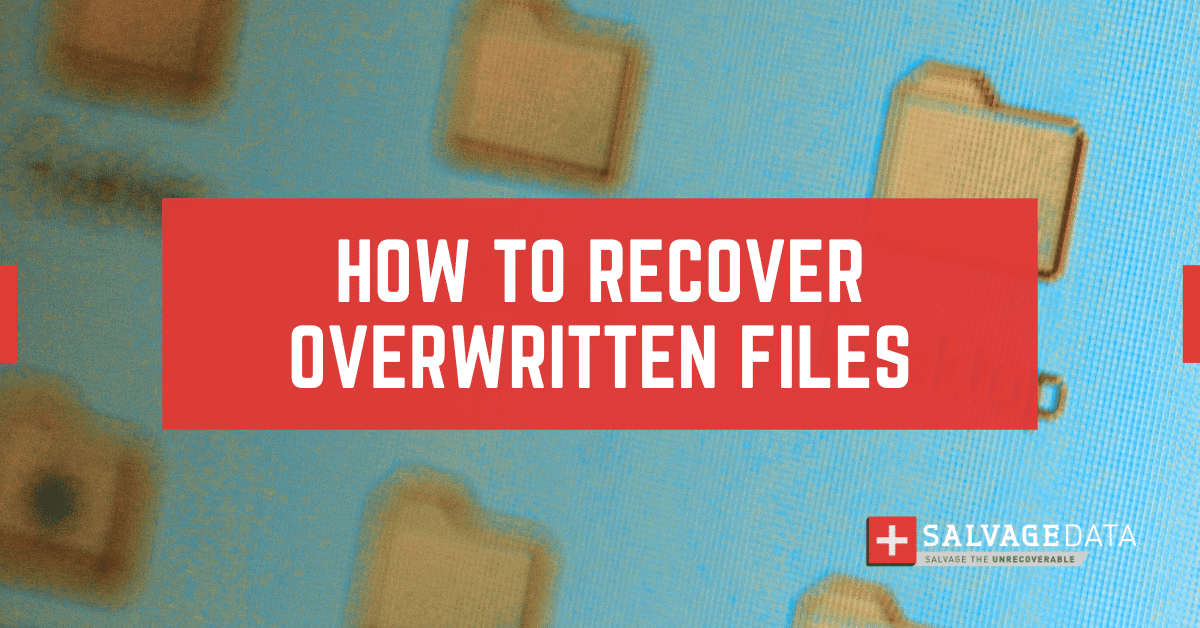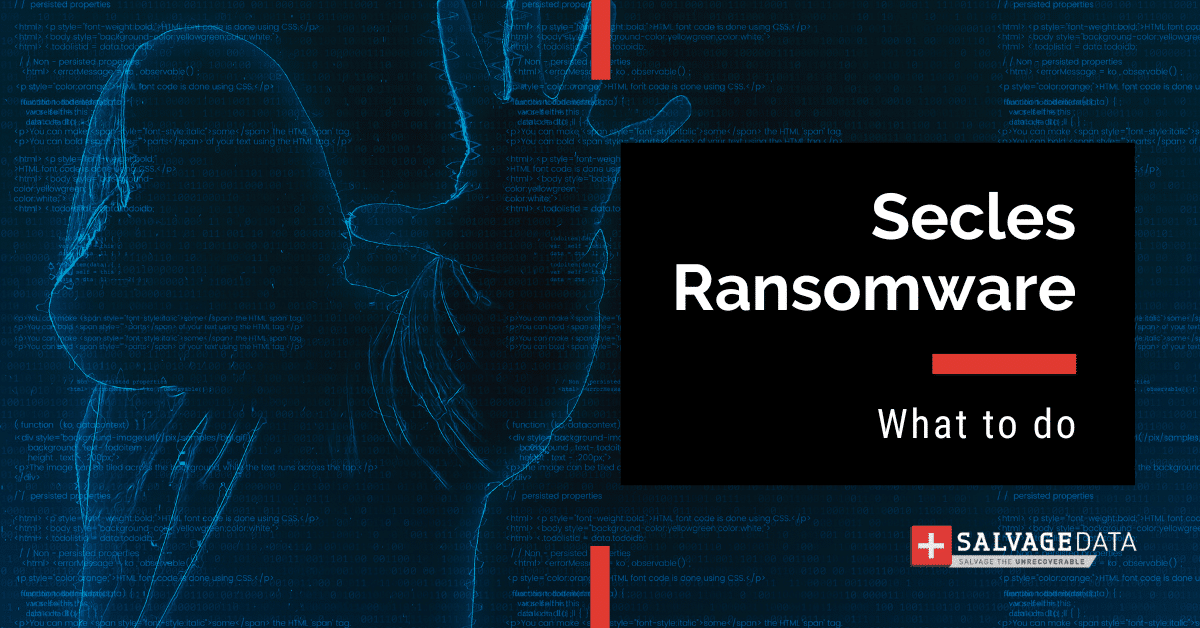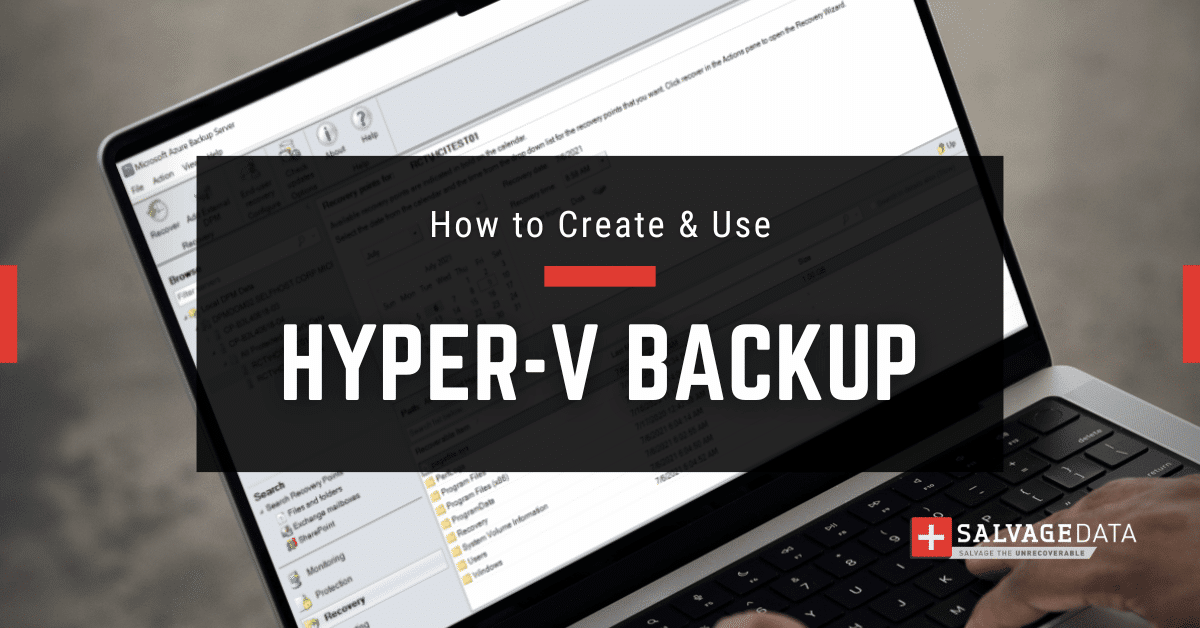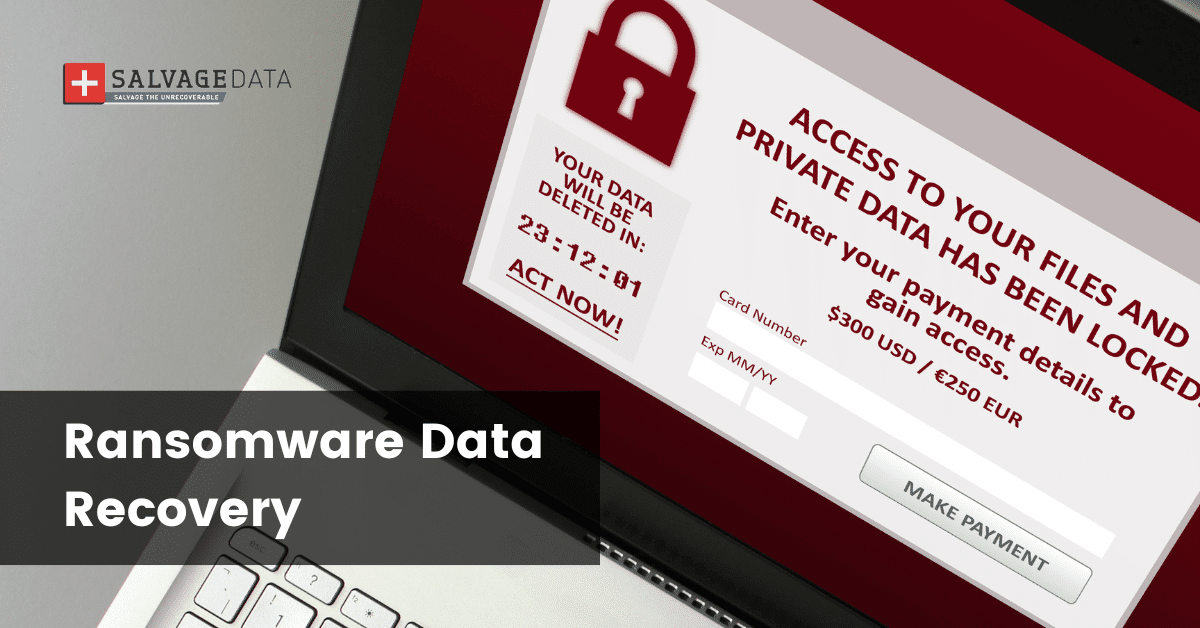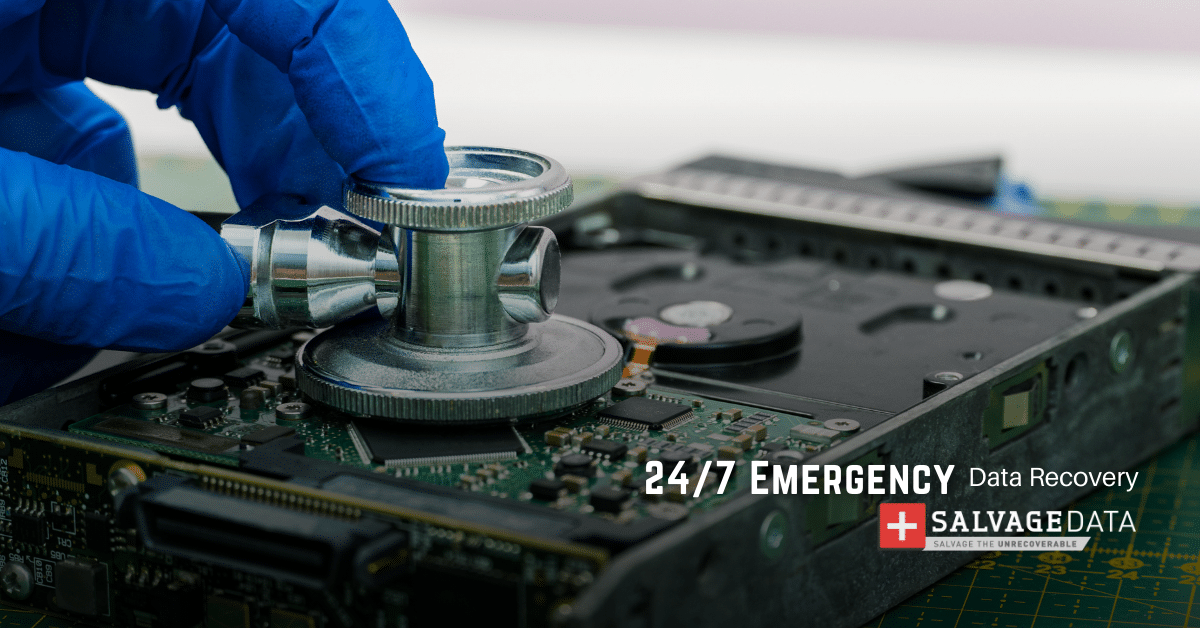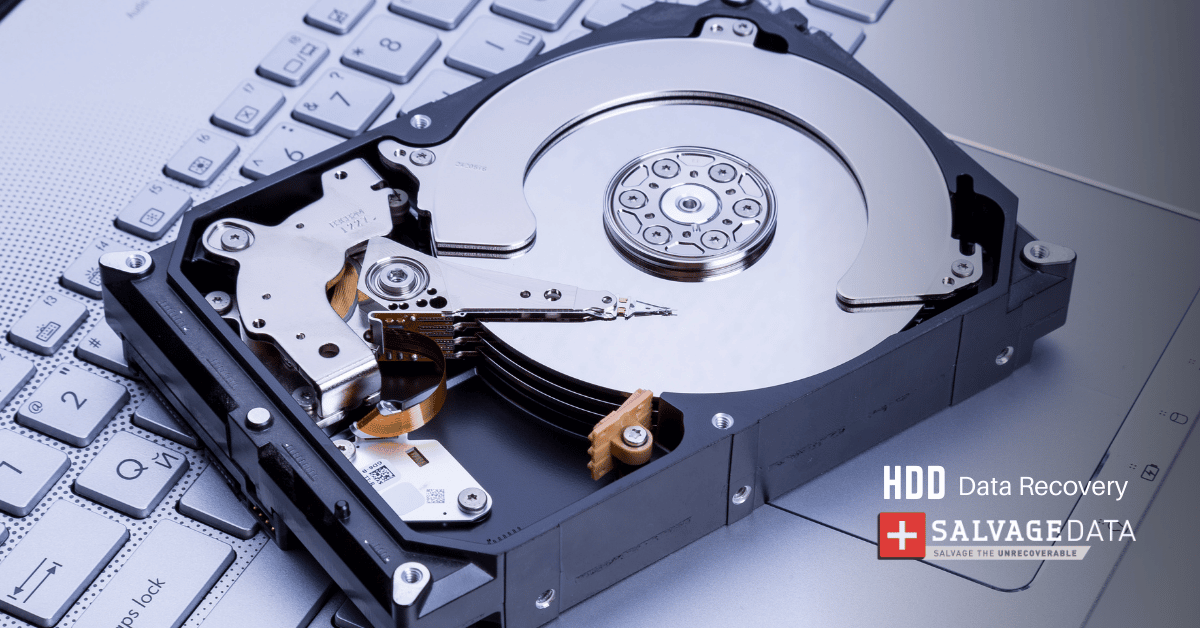Recent Articles
How To Recover Overwritten Files
The Snowflake Data Breach: A Comprehensive Overview
Mac Not Recognizing External Hard Drive: Quick Fix Solutions
How Multi-Cloud Backup Solutions Can Prevent Data Disasters
Capibara Ransomware: What is it & How to Remove
What Should a Company Do After a Data Breach: The Ticketmaster Incident
Secles Ransomware: Removal Guide
What To Do When Your Chromebook Freezes
How to Create Hyper-V Backup
What Is The Best Data Recovery Software For PC

I think there's an issue with my storage device, but I'm not sure Start a free evaluation →
I need help getting my data back right now Call now (800) 972-3282
FLKR Ransomware is malicious software that encrypts files on the infected computer and demands a ransom for the decryption key. This ransomware is particularly dangerous because it uses strong encryption algorithms that make it very difficult to recover the encrypted files without the decryption key. Attackers spread this ransomware through email attachments, malicious websites, and infected advertising banners. Once installed, FLKR Ransomware will scan the computer for certain file types and encrypt them. The ransomware will then display a ransom note with instructions on how to pay the ransom and decrypt the files.
History
FLKR Ransomware was first discovered in May 2017. Since then, it has been responsible for countless cases of data loss and has extorted millions of dollars from its victims.
What types of files does FLKR encrypt?
FLKR Ransomware primarily targets documents, images, and other types of personal files. However, it can also encrypt system files and other types of data.
What encryption methods does FLKR Ransomware use?
FLKR Ransomware uses a combination of RSA and AES encryption algorithms to encrypt files.
How much is the ransom?
The ransom amount is typically between $100 and $500 in Bitcoin, although some variants have been known to demand as much as $1,000.
Should you pay the ransom?
We do not recommend paying the FLKR Ransomware ransom. There is no guarantee that you will receive the decryption key even if you pay the ransom, and you are only encouraging the attackers to continue their malicious activities. Additionally, by paying the ransom, you are supporting criminal activity and funding future attacks.
Protection
There are several things you can do to protect yourself from FLKR and other ransomware attacks:
– Keep your operating system and security software up to date. Regularly install updates and patches for your operating system and security software to close any vulnerabilities that attackers could exploit.
– Be cautious when opening email attachments. Do not open email attachments from unknown or untrusted sources.
– Do not click on links in emails from unknown or untrusted sources.
– Do not download software from untrusted websites. You should only download software from trusted websites.
– Use a backup. Backing up your files regularly can help you recover your files if you do become a victim of FLKR or another ransomware attack. Make sure to store your backups offline to prevent attackers from encrypting them as well.
What to do if they infected you with FLKR Ransomware?
If you believe they infected your computer with FLKR, do not pay the ransom. Instead, follow these steps:
– Disconnect your computer from the internet. This will prevent the ransomware from encrypting any more files and prevent it from communicating with the attacker’s server to get the decryption key.
– Use a trusted anti-malware program to scan your computer for FLKR Ransomware and other malware. This will remove FLKR Ransomware and any other malware that may be present on your computer.
– Restore your files from a backup. If you have a backup of your files, you can restore them after you remove FLKR Ransomware. This is the best way to recover your files if you do not have the decryption key.
– Contact law enforcement. If you have paid the FLKR Ransomware ransom, you should contact law enforcement and file a report. You may also be able to get help from a local cybercrime task force.
– Seek professional help. If you cannot remove FLKR Ransomware or decrypt your files, you should seek professional help from a reputable computer security company. These companies specialize in removing ransomware and can often decrypt your files without having to pay the ransom.
Is there a public decryptor?
There is not currently a public FLKR Ransomware decryptor. However, some private decryptors may be able to decrypt your files.
Contact a data recovery service
Several data recovery services may be able to help you recover your FLKR Ransomware encrypted files. These services often have access to private decryption tools that can decrypt your files without having to pay the ransom.
SalvageData Recovery is a data recovery service that offers FLKR Ransomware decryption services. We offer a free evaluation to see if we can recover your FLKR Ransomware encrypted files. Visit our website or contact us today to get started.
If you prefer, you can also go to the nearest data recovery center and request help there.

